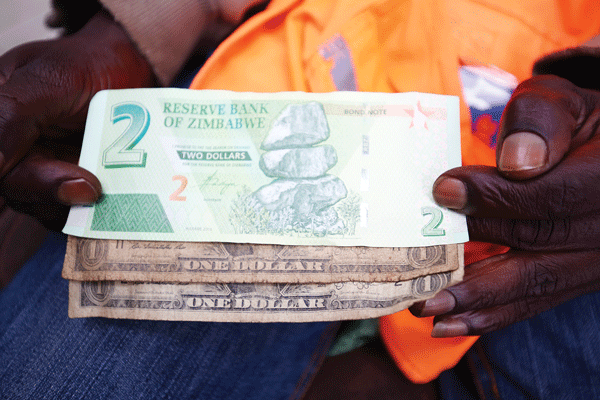
guest column Learnmore Zuze
A fundamental legal principle enunciating the facets of a typically well-crafted law relates to the aspect of reasonability.
Among a host of other pillars like being just, a law must be one which, to the average person, qualifies as reasonable.
In other terms, a law only gets respect as it makes sense; simply put, a law must make sense for people to respect it.
In many jurisdictions, there are just laws as much as there are unjust ones. Naturally, a just law gets firm back-up from the citizenry, hence the provision of citizen arrests for people offending in public.
Just laws are respected and unjust ones are simply ignored. Imagine a law that criminalises taking out your mobile phone in public. Perhaps no man put this self evident nugget of the law as eloquently as South Africa’s first black president, Nelson Mandela.
He said: “When a man is denied the right to live the life he believes in, he has no choice, but to become an outlaw.”
This legal truism is well grounded and applies to the events currently taking place in Zimbabwe.
- Chamisa under fire over US$120K donation
- Mavhunga puts DeMbare into Chibuku quarterfinals
- Pension funds bet on Cabora Bassa oilfields
- Councils defy govt fire tender directive
Keep Reading
The statutory instrument banning the use of foreign currency throws the entire nation into a quagmire.
What Zimbabweans were made to understand as RTGS dollars in February this year, the same, they are being told to call the Zimbabwean dollar today.
The confusion is palpable. Currently, how do bond notes differ from the proclaimed Zimbabwean dollar? In Statutory Instrument 142 of 2019, the Reserve Bank of Zimbabwe said the United States dollar, Botswana pula and South Africa rand are no longer legal tender in Zimbabwe.
True, it is a fact that a country must have a currency of its own; we all understand how this breeds patriotism and the like, but was Zimbabwe ready? Was Zimbabwe prepared for the ambush-manner in which the Zimbabwe dollar was reintroduced? Even as it stands, there is officially no Zimbabwean dollar that we continue to talk about.
It is an open secret that the bond note-turned Zimbabwean dollar has, naturally, never been sufficient for a nation that had adjusted to the mystification of using multiple currencies. Zimbabweans were just ‘dancing to the tune’, but honestly, the bond notes were never adequate, were it not for the parallel existence of the Econet provided Eco-Cash facility. How then can Zimbabwe declare use of an unavailable currency? If the ‘new’ Zimbabwe dollar will help contain inflation, then the better. But history records otherwise. To say the prices of basic goods in Zimbabwe have been rising in the last few months is an understatement.
Probably, it’s apt to say that prices have gone berserk. How else does one justify the fact that classic whisky in supermarkets now costs over two thousand dollars? Not so much that beer is crucial, but it is just an example of how things have gone out of hand.
The conundrum now before the nation is; can the Zimbabwe dollar itself be calmed? The existence of multiple currencies, especially the United States dollar, had been the outlet valve, concealing the now bare fact of the worthlessness of the RTGS or the Zimbabwe dollar. Like the typical legal wisdom states; if people are denied the normal way by which they have been living sanely, they would have no option, but to become outlaws.
The banning of the US$ did not, has not, and will likely not stop the public from transacting in the hard currency. A survey by one local weekly confirms that pharmacies, shops and even corporates are still trading in hard currency. Is it even possible to ban the US$? Every law gets the respect it deserves. How do people earning $800 (Zimbabwe dollars) cope in an environment laden with three-digit prices of basic goods? Iam not wishing evil for the nation of Zimbabwe, but surely, the nation had somehow managed to find its way, surviving the lunacy that characterised price increases lately.
To explain why this SI is not being observed by both business and individuals does not call for super intelligence. Wasn’t it a piece of wisdom to bring in the statutory ban when the Zimbabwe dollar itself was found in abundance? Where is the Zimbabwe dollar that we pronounced as we banned the multy- currency system? Isn’t this the reason business continues to trade stealthily with the banned US$? Doesn’t this explain why the President has been taken to court over the outlawing of hard currency? The ban leaves Zimbabweans at crossroads; the law is the kind that makes every citizen culpable.
The Zimbabwe dollar expected to be used is scarce, hence naturally, every citizen is predisposed to an illegality of some sort as they transact daily.
There are many technicalities which the government has to grapple with. Technically, the US$ has not been banned. The just pronounced SI may easily prove to be the proverbial bad law that criminalises the citizenry in its entirety.











